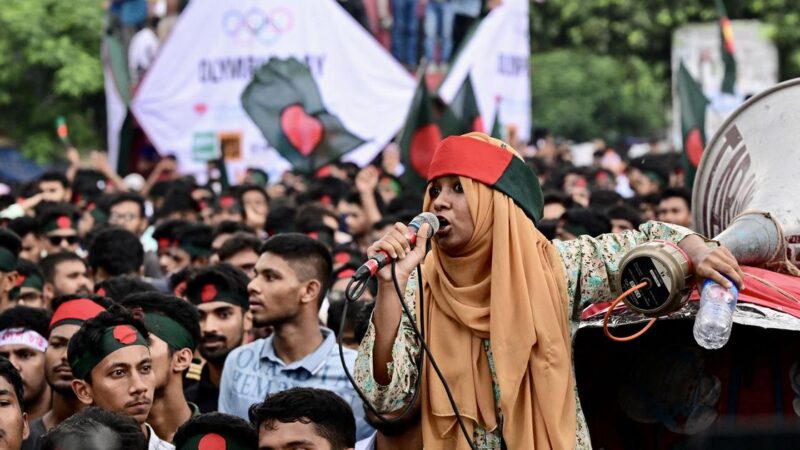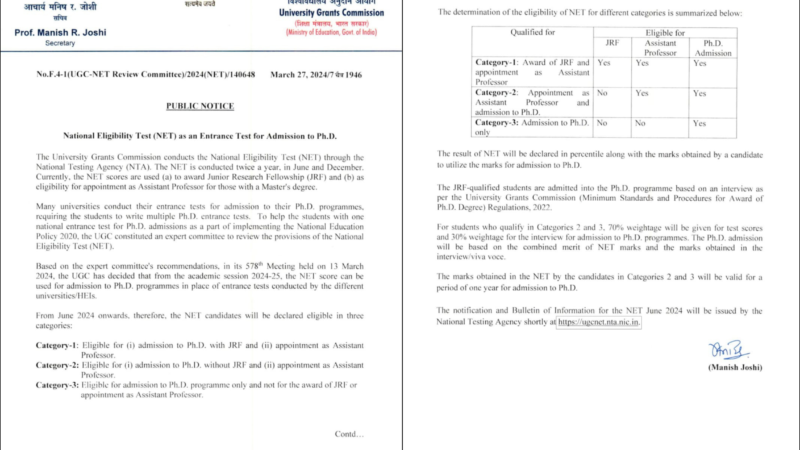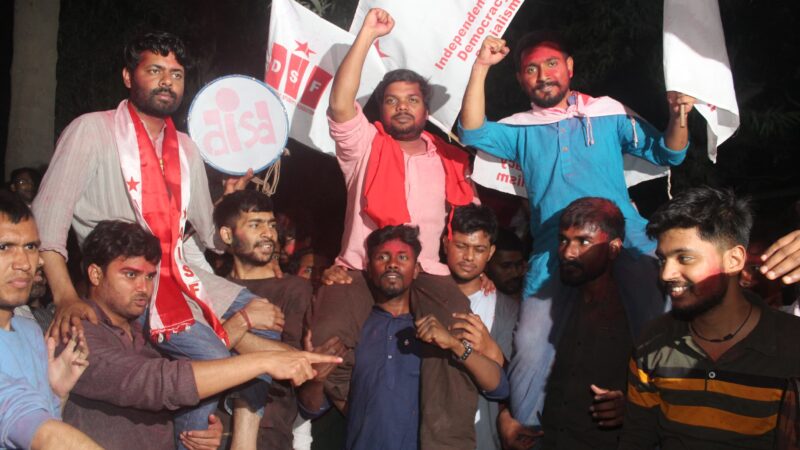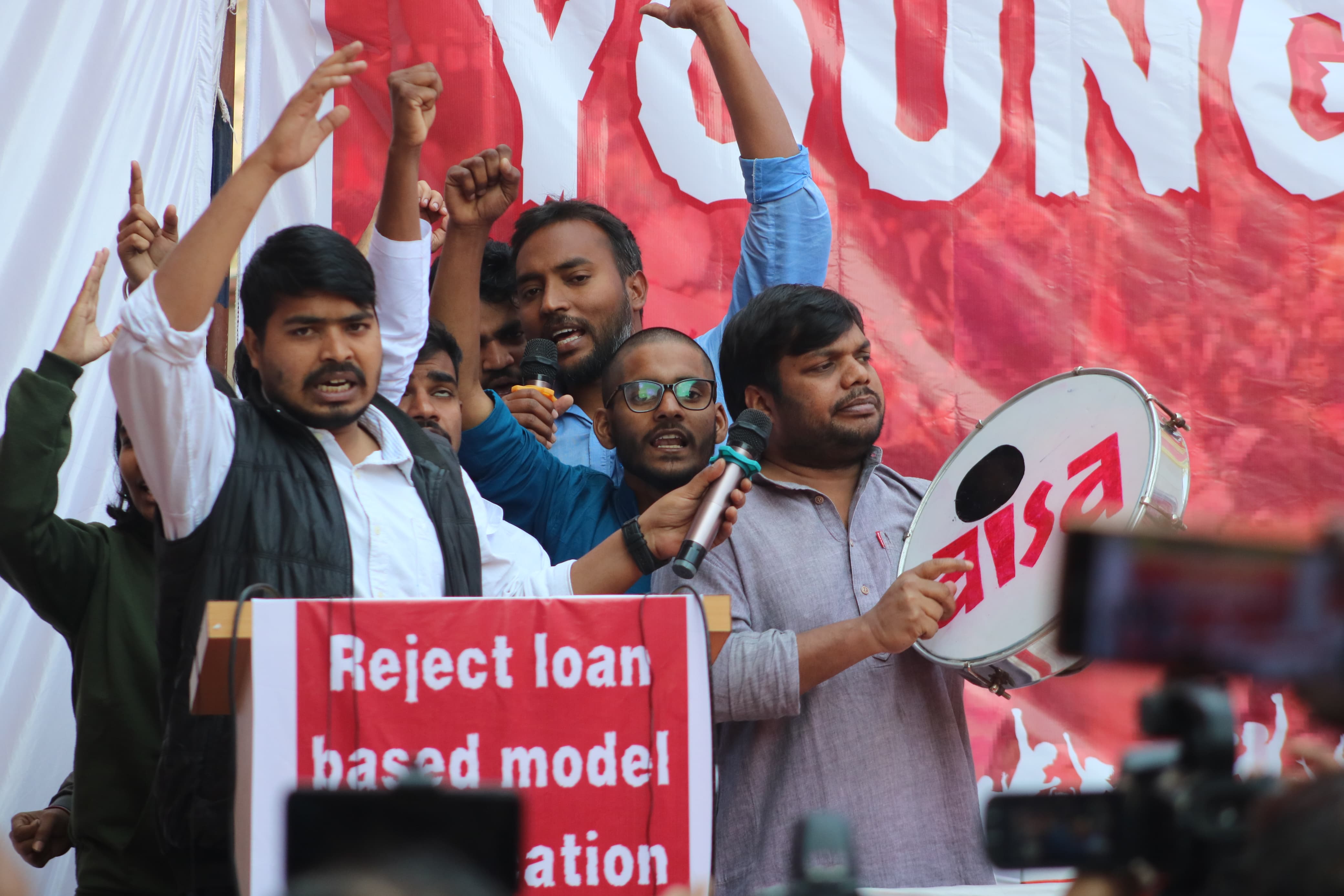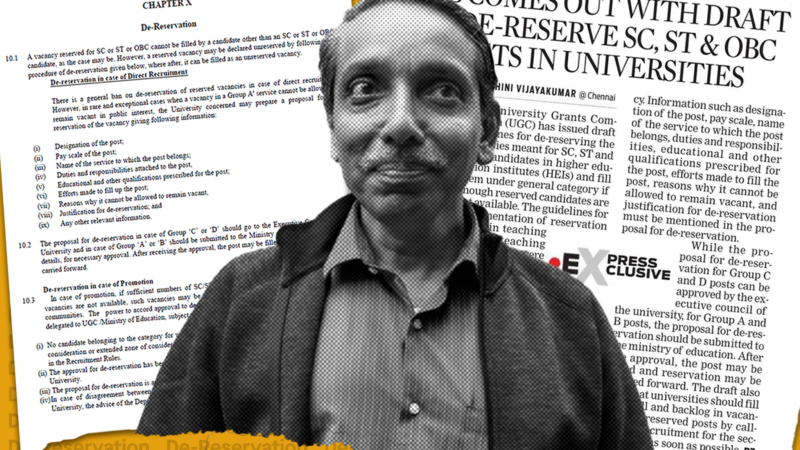No amount of Gag order can erase BJP’s Role in Gujarat Pogrom’02 from Public Memory

Stand up against the terror Tactics of Sanghi Brigade!
On January 17, 2023, the BBC released Episode 1 of its two part documentary India: The Modi Question in the United Kingdom. The BBC, on its UK-based website, describes the episode as “a look at the tensions between Indian PM Narendra Modi and India’s Muslim minority, investigating claims about his role in the 2002 pogrom that left over a thousand dead.” Following its release in the UK, snippets of this documentary were shared on Twitter and YouTube, which were available to watch in India. However, the Modi government responded to this document by blocking its circulation on social media.
The BJP has a history of silencing voices that expose its communal agenda
On June 25, 2022, an antiterrorism squad in Mumbai arrested famous lawyer and human rights activist Teesta Setalvad on completely baseless allegations. Teesta was one of the most consistent voices against the Gujarat riots.
RB Sreekumar was the Additional Director General of Police in charge of an armed unit in Gujarat during the Godhra Incident and was the Intelligence DGP immediately after the 2002 Gujarat pogrom took place. He filed affidavits with the Nanavati-Mehta Commission, alleging the dubious role of law and order in the riots. He was denied promotion by the Gujarat government to the rank of Director General of Police. In June 2022, he was thrown in jail by the Gujarat Police on the charge of conspiring to falsely implicate innocent persons.
On April 14, 2011, Sanjiv Bhatt, a senior IPS officer from Gujarat filed an affidavit in the Supreme Court of India, in which he claimed that he was present at a meeting of police officials on February 27, 2002, in which the then CM of Gujarat, Narendra Modi, asked top police officials to let Hindus “vent out their anger” against the Muslims.
Today, Sanjiv Bhatt is languishing in jail.
A long list of films and documentaries have been banned by the BJP
This is not the first time a BJP-led government has resorted to such machinations to hide the truth about the Gujarat riots.
Rahul Dholakia made a feature film in 2007 named Parzania. This film was based on the tragedies of the Gujarat Pogrom of 2002. This film, based on true events, tells the story of a young boy from the Parsi community who disappeared after the February 28, 2002, Gulbarg Society massacre. This film was critical of the Gujarat State government’s role during the riots. The BJP government in Gujarat has imposed an unofficial ban by creating an atmosphere of terror and fear among the cinema hall owners and forcing them not to screen it in their cinemas.
Another film, ‘Firaaq’ released in 2008, was a Hindi political thriller based on the same backdrop of the Gujarat riots. The BJP went to the Election Commission to lodge a complaint against its director, Nandita Das.
Back in 2004, when Rakesh Sharma’s documentary, The Final Solution, which exposed the Gujarat Govt under then CM Narendra Modi, was released, the film was immediately banned by the then NDA regime. Huge protests led to the reversal of the ban in October 200.
On every possible occasion, the RSS and its affiliates have created a ruckus at a public screening of Anand Patwardhan’s award-winning 1992 documentary Ram ke Naam. This is one of the most acclaimed documentaries that explore the campaign by the Sangh Parivar to attack the Babri Masjid.
This list can go even longer. This shows that there is only one way in which the RSS and BJP deal with their political opponents, and that is through brute force and state power. The same script was repeated when this new documentary surfaced on the web.
Students call for mass viewing of the documentary and the government’s brutality!
JNUSU decided to watch this documentary in mass as a protest against the RSS Brigade’s oft-repeated “ban culture. But as soon as the mass viewing of the documentary began on January 24, 2023, ABVP goons unleashed violence. Lo and behold! The administration jumped in support of ABVP by switching off all the street lamps on the campus. They also disabled the internet connection on campus.
Despite such hostile circumstances, hundreds of students gathered at Teflas with their laptops and Bluetooth speakers and decided to watch the documentary. The message was clear: fascists can cover up their crimes with all their resources, forces, and tricks, but in this hopeless democracy, voices will always rise to seek out the truth.
Similar calls for screening of the documentary were met with brutal response by the administration and police in Jamia and Delhi University where students were violently detained for gathering to watch the documentary. Students of AUD faced similar backlash from the guards and police when they held protest in solidarity with Jamia and JNU. In Central University of Rajasthan, 8 students have been suspended by the administration after ABVP submitted a list of their names.
However, despite heavy policing and surveillance, students of several universities likes Jadavpur and HCU screened the film en-masse and declared to the government: we will not forget what happened in Gujarat!
No amount of silencing can erase the memory of atrocities of Gujarat Pogrom
The role of Narendra Modi In Gujarat, the riots can neither be erased nor diluted by the terror tactics of the Sangh Brigade. It is a well-known fact that after the 2002 Gujarat riots, the then Gujarat CM, Narendra Modi, was denied a visa to the USA and barred entry into countries of the European Union. The USA denied a visa to Narendra Modi on charges of violation of religious freedom, evident from his reluctance to control anti-Muslim riots in Gujarat in 2002. The ban was lifted only after Modi became the Prime Minister of India in 2014.
At this juncture, when the RSS-BJP government is hellbent on restricting the circulation of a documentary exposing the role of Narendra Modi in the 2002 Gujarat riots. It is important to remember how the mayhem was allowed to take place under full state patronage under the stewardship of Narendra Modi. The scale of atrocity can be measured by the fact that a former MP, Ehsan Jafri, was cut into pieces and burned in Gulberg Society in Ahmedabad on February 28, 2002. When Muslims were slaughtered and their houses set ablaze across Ahmedabad, Muslims residing in Gulberg Society took refuge in Ehsan Jafri’s home in the hope that an influential person like Jafri could protect them with phone calls to the police, the state government, and the government in Delhi. The state machinery failed to protect Mr. Jafri and the Gulberg Society’s residents, and Zakia Jafri, the widow of Ehsan Jafri, is still fighting for justice.
Friends, it is high time that all the democratic-secular forces unite against these hate mongers and hooligans. We call upon all the students to reject the hate campaign of the RSS Brigade and stand in solidarity to fight for the secular, democratic, and syncretic culture of the country!

